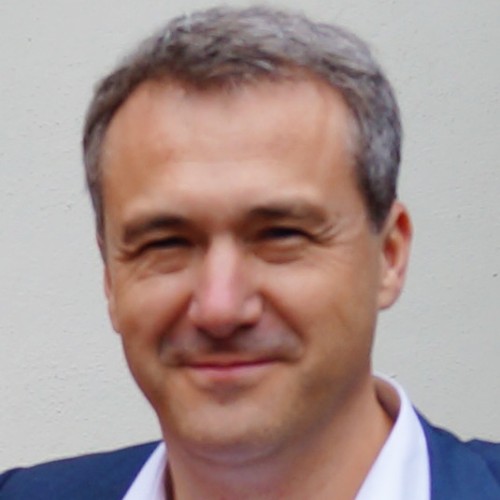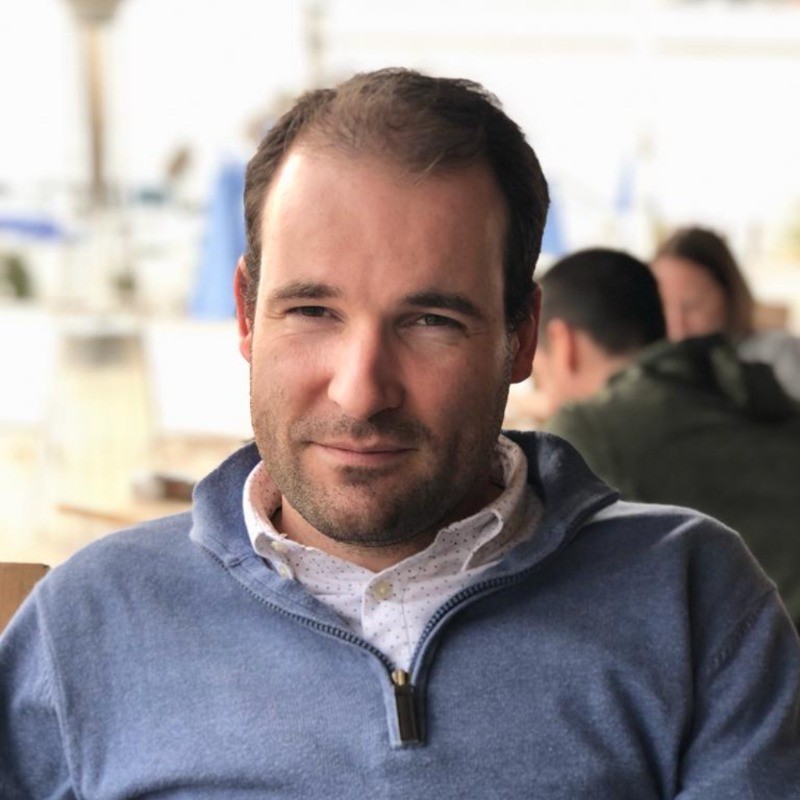
Listen to Engineering Angles, Tractebel's podcast!
In the latest episode of Engineering Angles, we caught up with Neha Bansal, Deputy General Manager of Hydropower & Water Resources in Business Development &...
Find out moreThe underground Einstein Telescope will be Europe's most advanced observatory for gravitational waves. Tractebel, in collaboration with the Amberg Group, the Lombardi Group and TEC, is investigating whether the soil of the Meuse-Rhine Euregion is suitable to house this world-class observatory.
The unique underground telescope will provide scientists with new insights into the history of the universe and will be able to detect a thousand times more gravity waves than its predecessors.
As part of the preliminary work, Belgium, the Netherlands and Germany are jointly investigating whether they can house this world-class observatory in the region where the borders meet due to its unique soil conditions that dampen disruptive vibrations. Tractebel will, in cooperation with partners Amberg, Lombardi and TEC, carry out the technical feasibility study on behalf of the Dutch National Institute for Subatomic Physics (Nikhef).
Great scientific significance
The observatory is of great significance for international physics and astronomy. In terms of importance, it is best compared to CERN in Geneva, the largest particle accelerator in the world.
With the Einstein Telescope, researchers will be able to hear black holes colliding and gain new insights into the early universe, right back to the Big Bang. They will be able to look at the birth process of black holes and neutron stars.
The Einstein Telescope will consist of a triangle of three corridors, each ten kilometres long, located 250 to 300 meters below the Earth's surface. There, gravitational waves are measured by constantly monitoring the length of its three detector corridors with sensitive lasers and vibration-free suspended lasers. If that length changes in a specific pattern, it is the signal of a passing gravity wave.

The Meuse-Rhine Euregion could be the site of the Einstein Telescope, Europe's most advanced observatory for gravitational waves.
Joseph Ickmans, manager of tunnel projects at Tractebel, commented: “The Euregion Meuse-Rhine has a very high potential for housing the Einstein Telescope project due to its unique soil conditions, its proximity to world-leading universities and its socio-economic potential. Tractebel is extremely proud to participate in this feasibility study and is eager to explore the possibilities to bring this iconic project to our region together with our client. The extended knowledge and experience of Tractebel in underground structures as well as our know-how on technical management regarding projects of this size, is at the full disposal of Nikhef.”

Joseph Ickmans, tunnel projects manager, Tractebel in Belgium
The ideal location
The location in the border area of the Netherlands, Belgium, and Germany has been selected as a potential location for the Einstein Telescope because the soft topsoil of this area stops vibrations caused by human activity on the surface, so that the underground observatory can measure undisturbed.
The area forms the heart of a top European region, with many universities nearby. There is also a network of high-tech companies with expertise in the required precision technology. This network of knowledge institutions and technology experts increases the attractiveness of the Euregion Meuse-Rhine as a business location, and the potential economic boost from the Einstein Telescope being located in the area is high.
As part of our feasibility study, Tractebel will investigate, among other things, the suitability of the subsurface, the best position of the three points of the triangle and all technical challenges surrounding building tunnels at depth, with everything that entails.
Once the feasibility study is complete, Belgium, The Netherlands and Germany will decide at cabinet level whether to put it forward as a possible location for the Einstein Telescope. The final decision of where the observatory will be located is expected to be made at European level in 2025/2026. Construction is estimated to begin in 2028.
Find out more about the Einstein Telescope here in Nikhef's video
Our specialist knowledge
Tractebel, an international player in engineering, has been involved in many major tunnel projects in recent years, such as the new infrastructure projects of Oosterweel and Tijsmanstunnel in Antwerp, the extension of the metro network in Paris, and renovation projects of the tunnels in Brussels. These historic and recent projects contributed to a thorough knowledge to address all involved aspects in large underground projects, not only regarding technicalities but also environmental aspects, project control, risk control, contracting, etc. Specifically for the Euregion Meuse-Rhine, Tractebel is an expert on the ground conditions and ground behaviour in that region, which is of great importance in determining the best location.
Geoffrey Rézer, Sales Manager at Tractebel, concludes: “The Einstein Telescope will be a game-changer in science. Looking forward to bringing the expertise of Tractebel into the project and possibly put the Euregion Meuse-Rhine on the world map in a few years.”

Geoffrey Rézer, Sales Manager at Tractebel in Belgium

In the latest episode of Engineering Angles, we caught up with Neha Bansal, Deputy General Manager of Hydropower & Water Resources in Business Development &...
Find out more
Tractebel helps ENGIE build its second large-scale battery park in Belgium, contributing to shaping a flexible, reliable and sustainable energy system in the country.
Find out more
Our Urban teams from France and Monaco are leading the design and construction supervision of the Mediterranean Pavilion, ahead of the third United Nations Ocean...
Find out more
Our transport infrastructure experts signed a mandate on April 25, 2025, to provide technical services on the first metro project in the Western Balkans. This is our...
Find out more